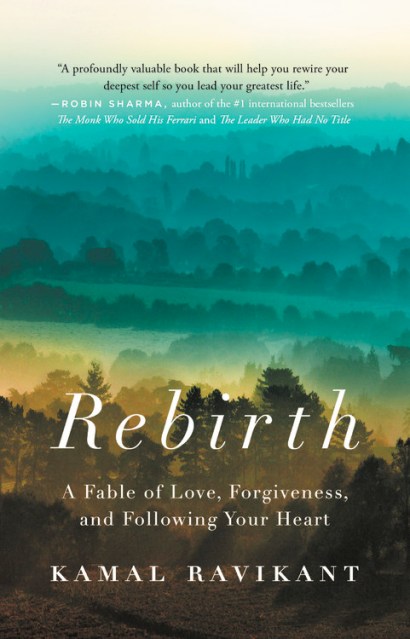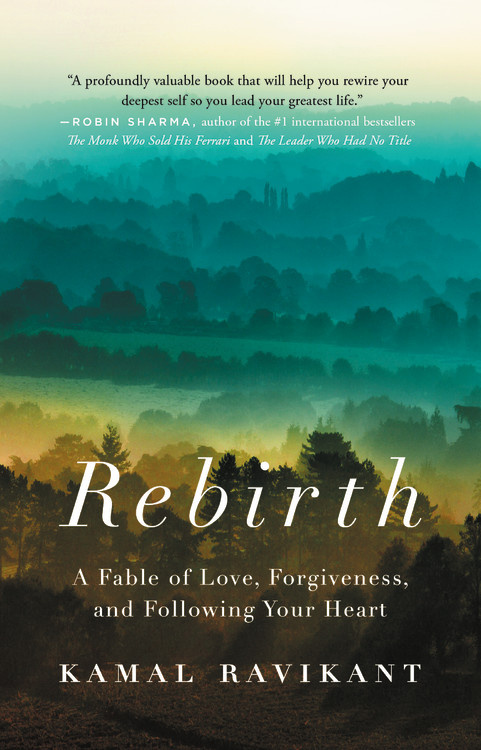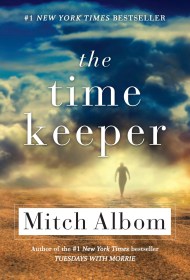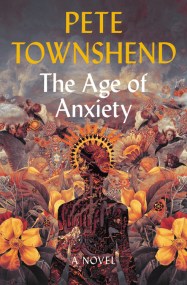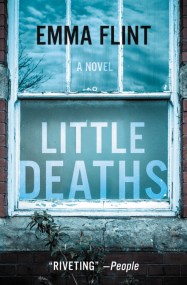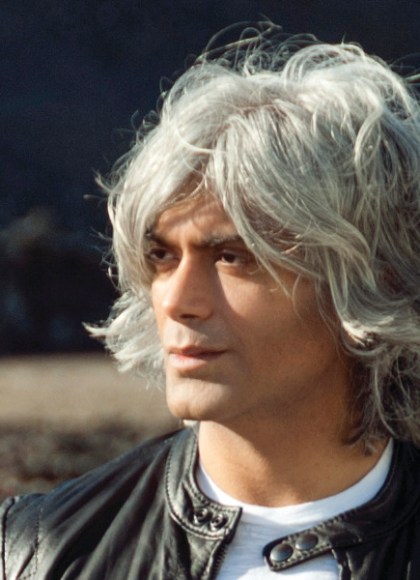By clicking “Accept,” you agree to the use of cookies and similar technologies on your device as set forth in our Cookie Policy and our Privacy Policy. Please note that certain cookies are essential for this website to function properly and do not require user consent to be deployed.
Rebirth
A Fable of Love, Forgiveness, and Following Your Heart
Contributors
Formats and Prices
- On Sale
- Jan 2, 2018
- Page Count
- 256 pages
- Publisher
- Grand Central Publishing
- ISBN-13
- 9780316312240
Price
$19.99Price
$25.99 CADFormat
Format:
- Trade Paperback $19.99 $25.99 CAD
- ebook $13.99 $12.99 CAD
- Audiobook Download (Unabridged) $24.98
This item is a preorder. Your payment method will be charged immediately, and the product is expected to ship on or around January 2, 2018. This date is subject to change due to shipping delays beyond our control.
Buy from Other Retailers:
After the death of his estranged father, Amit takes his parent’s ashes to the Ganges to fulfill a deathbed promise. Instead of returning home, he wanders, his pain and grief leaving him confused about his future. Almost broke, unsure about his direction in life, and running from memories, he is led by fate to the Camino de Santiago, an ancient 550-mile pilgrimage route across northern Spain.
Amit meets a variety of travelers on his journey. Some are lost and searching for answers. Others are doing their best to leave the past behind. And there are a few who walk to celebrate life. All have stories and lessons to share.
Once a reluctant pilgrim, Amit realizes he cannot stop until he completes the journey. As a traveler tells him, “Once you start walking the Camino, the Camino becomes a part of you.” With each step Amit is challenged to confront his fear of following in the footsteps of his father, the loss of a woman he may love after all, and the reality of an uncertain future.
His month-long pilgrimage forces Amit to face life’s big questions, and causes him to grow and embrace a new sense of purpose and being.
Based on the author’s experience of walking the legendary Camino de Santiago, and told in the tradition of Paulo Coelho and Mitch Albom, Rebirth is a beautiful fable about forgiveness, synchronicity, and the unexpected adventures that reveal who we are.
-
"A profoundly valuable book that will help you rewire your deepest self so you lead your greatest life."Robin Sharma, authorof the #1 international bestsellers The Monk Who Sold His Ferrari and TheLeader Who Had No Title
-
"If you need an injection of wanderlust in your life, this debut novel by my friend Kamal Ravikant is your medicine. It motivated me to keep writing."Tim Ferris, Men's Health
-
"Say yes to life! That's the message I take with me as I turn the last page of Rebirth by Kamal Ravikant, a story about the magic that happens while walking the Camino de Santiago. Thoughtful, sincere and beautifully written, Rebirth is about a man's search for meaning and purpose. Wrestling with the pain of his past, facing his resistance to forgive, and searching for answers to life's bigger questions, this classic hero's journey is one we all take when we're ready to live a more soul-directed life...Rebirth doesn't disappoint."Cheryl Richardson, #1 New York Times bestselling author of Take Time for Your Life and The Art of Extreme Self-Care
-
"This book transported me into an adventure I hope I never leave."James Altucher, author of Choose Yourself
-
"Rebirth reminded me that sometimes we need to lose ourselves to find our way. This is sure to be a literary classic and a great story we can all learn from."Brandon Webb, formerU.S. Navy SEAL Head Sniper Instructor and New York Times bestselling author ofThe Red Circle
-
"There is a line in this book: If you're on the road, you're a pilgrim. This is a beautiful book for anyone who ever has or ever will make a journey--inward or outwards."Ryan Holiday, author of The Obstacle Is the Way
-
"Thoughtful...Ravikant adds a welcome contribution to the rich tradition of enlightenment stories."Booklist
-
"Powerful writing, with a deep message. I compare it with the writing of Og Mandino, Paolo Coelho. Rebirth is truly one of the most powerful books I've ever had the honor to read."Bob Berg, co-author of the national bestseller, TheGo Giver
-
"A really beautiful book."Matt Mullenweg, founder of WordPress
Newsletter Signup
By clicking ‘Sign Up,’ I acknowledge that I have read and agree to Hachette Book Group’s Privacy Policy and Terms of Use
